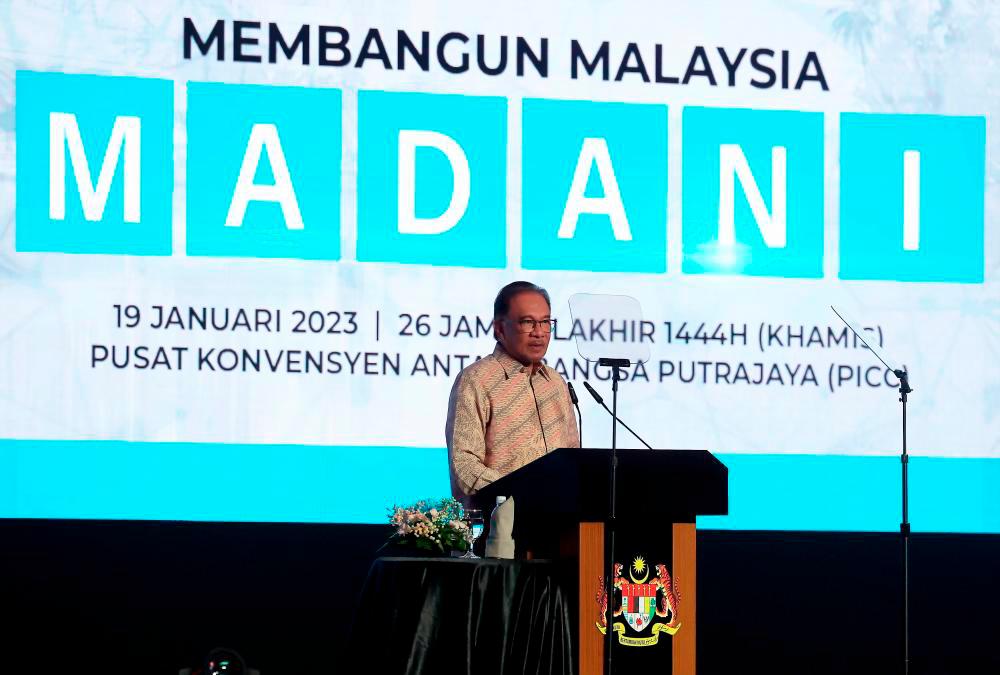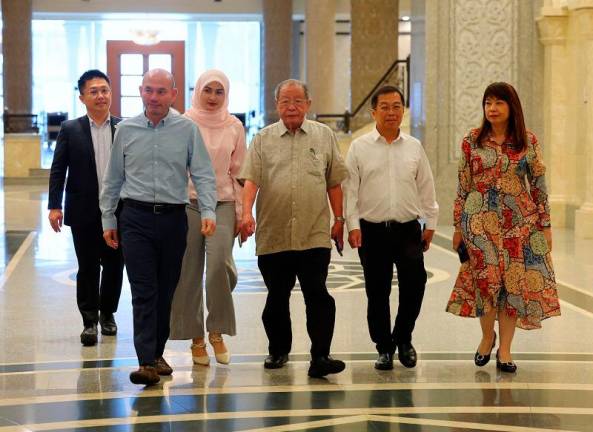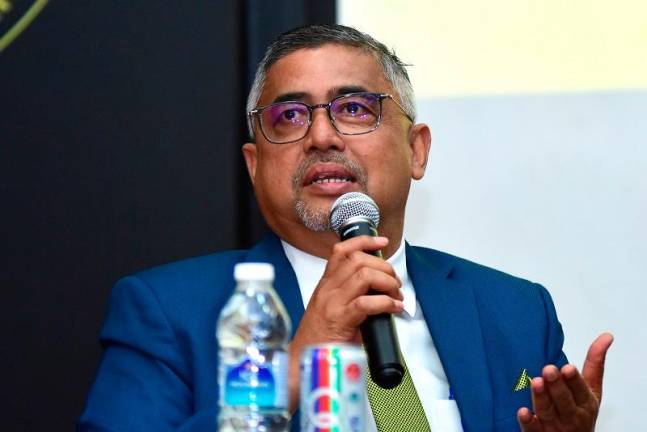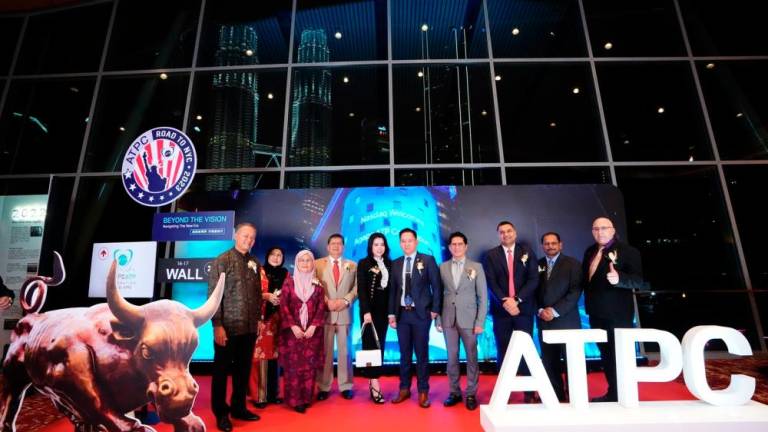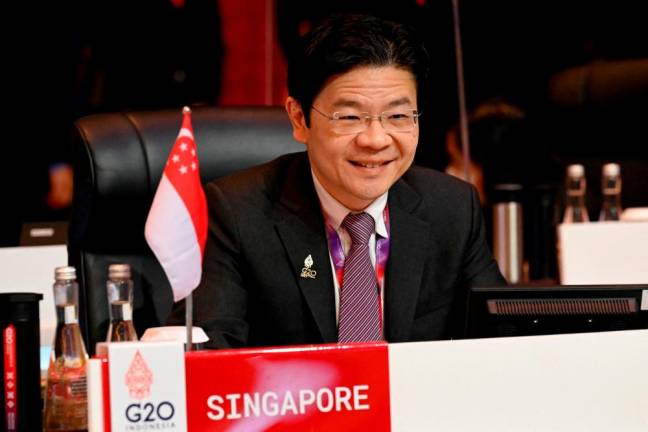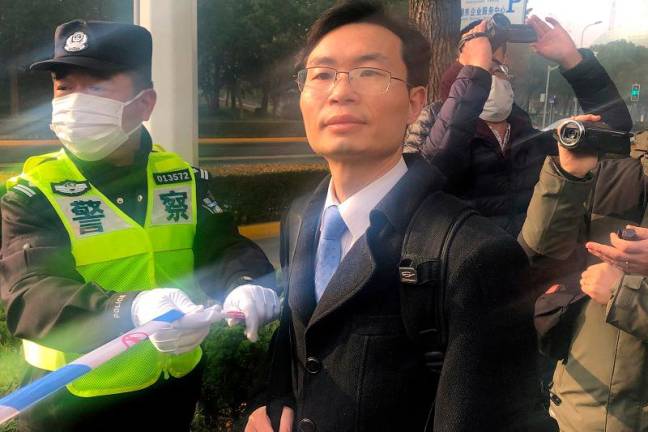THE latest and most promising framework of GREAT, introduced by the chief secretary in his special mandate on Feb 9 for all public servants, is considered apt and timely to bolster the organisational values and individual capacity in delivering efficient and effective service to the public in line with Malaysia Madani, advocated by the prime minister recently.
GREAT, which is the acronym for good governance, responsible, empathy, accountable and tenacity of purpose, is a set of principles meant to induce and promote excellence in good governance. It essentially serves as a guide for public officials when making decisions and implementing policies, which must be transparent, accountable and are in the best interest of the public.
The concept of GREAT was developed in response to the growing need for public sector organisations to operate in an efficacious manner, while maintaining public trust and confidence.
In today’s fast-paced and highly interconnected world, public sector organisations are under greater pressure than before to deliver quality services to citizens. To achieve this goal, they must be able to effectively manage resources, respond to the changing needs of society and maintain the highest standards of integrity and ethical behaviour.
Good governance, the first principle of GREAT, refers to the structures, systems, procedures and processes that are used to guide and direct the activities of public sector organisations. This includes the development of policies and guidelines as well as allocation of resources in proper order.
Good governance requires the active participation and engagement with relevant stakeholders by taking into account their inputs in the decision-making process. This helps to ensure that decisions are transparent, accountable and that they reflect the needs and interests of all parties involved.
One of the prime concerns under good governance is to improve our Corruption Perception Index, which plummeted to 47% in 2022 compared with 48% in 2021, thus giving us a negative image.
Responsibility, the second principle refers to the obligation of public sector organisations to take ownership of their actions and be accountable for the outcomes of those actions. This requires officials to be transparent about their decisions and the reasons for those decisions, and to take responsibility for any negative consequences that may result from their actions.
It also requires them to be proactive in seeking out and engaging with stakeholders, so that they can understand the needs and concerns of the community they serve. Having a sense of urgency is a key matter.
Empathy entails putting themselves in the shoes of the recipient of a service. This includes providing an efficient and seamless service. Being user-friendly and forging active participation with the stakeholders will create an avenue for better understanding on the need of the citizens. This will help build trust and confidence between the public and the organisations.
Accountability refers to the obligation of public sector organisations to be answerable for their actions and decisions. This requires officials to be transparent about the resources they use, the decisions they make and the outcomes of those decisions. It also requires them to be serious, committed and loyal in carrying out their duties according to the rules. Accountability helps build trust and confidence in the public sector, and is essential for ensuring that the organisations operate in a responsible and effective manner.
Tenacity of purpose, the final principle of GREAT, requires civil servants to diligently perform their duties. Failure to complete a task will result in failure to achieve the intended mission. There should be a constant fighting spirit to overcome any hurdles in meeting the desired goals.
The principles of GREAT is the cornerstone and game changer in promoting excellence, and preparing the public sector in encountering unpredictable global challenges.
Dr G. Periasamy, Senior Research Fellow, National Institute of Public Administration. Comments: letters@thesundaily.com



